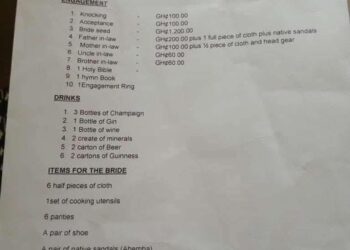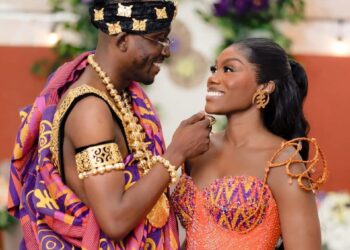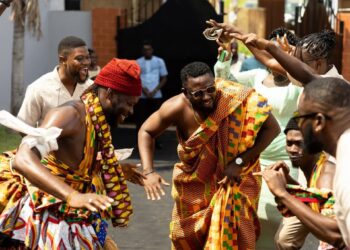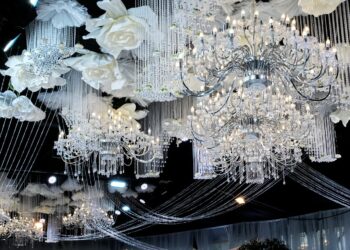The Dagaaba people primarily live in the Upper West Region of Ghana. Marriage among the Dagaaba is more than just a union between two individuals; it is a sacred bond between families. Rooted in rich traditions and customs, the Dagaaba traditional marriage process involves several key stages, each with deep cultural significance.
In Dagaaba culture, marriage often begins with an informal introduction between the man and the woman. If a man expresses interest in a woman, he may approach her directly or through an intermediary, often a close friend or elder, to express his intentions. The woman then has the freedom to accept or decline the proposal.
The Bride Price (Dowry)
A key aspect of Dagaaba traditional marriage is the giving out of the bride wealth, called “kyaro” or “kyor” in Dagaare. The marriage remains valid only when the groom provides the required bride wealth. He sends it to the woman’s family as a token of appreciation for raising her. It often consists of livestock, cowries, and other valuable items, which vary depending on the district the bride comes from.
Once the dowry is accepted, the marriage ceremony is arranged. This event is a joyous occasion filled with music, dancing, and feasting. Traditional attire is worn, with the bride often dressed in beautifully woven fabrics. Elders from both families offer blessings and advice to the couple, emphasizing the importance of unity, respect, and responsibility in marriage.
Sample of A Dagaaba Traditional Marriage.
Below is an example of a Dagaaba traditional marriage list. Always remember that, the items may vary slightly depending on the family or clan of the bride. Submit your details below to download a copy of the list.
HELPFUL GUIDES TO PLAN YOUR WEDDING.
- 30+ Kente Inspired Wedding Guest Dress Styles in Ghana.
- 13 Elegant Dresses For Wedding Guests(For The Classy Only).
- 9 Brown Kente Styles For Brides That Are Trending In 2024.
- Wedding Guest Style in Ghana(The Ultimate Guide).
Dagaaba traditional marriage is a beautiful and meaningful institution that goes beyond love and romance. It is a celebration of unity, culture, and family values. Though modernization has influenced some aspects of the process, the core traditions remain intact, serving as a strong foundation for lasting marriages and a vibrant cultural identity.









